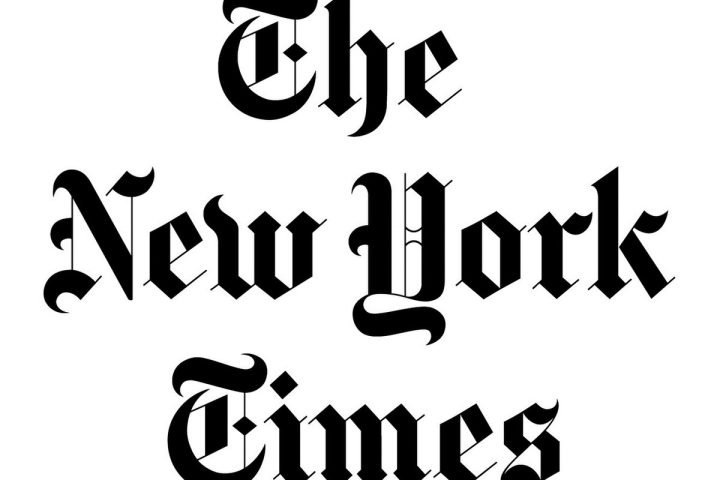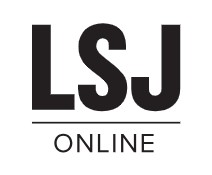Saxon Connor is a Christchurch surgeon. The views expressed in this column are personal and do not represent those of his employers.
OPINION: There is now widespread disruption to the provision of hospital-based healthcare across Aotearoa.
The underlying cause is not simply the increased demand from the COVID-19 and influenza.
As a nation we have accepted significant and sustained rationing of workforce training programmes, a lack of financial and infrastructure investment, and a devaluing of the professions at the heart of healthcare.
There is now a widespread shortage of critical frontline staff, a lack of fit for purpose infrastructure and increased demand due to an ageing population.
However, New Zealand is not alone in this; such issues are a global phenomenon.
Fixing these problems calls for a fundamental shift in the way our health system is perceived. We need to move away from the perception it is an unlimited resource for each of us to use as individuals and think of it as a finite public good that needs to be protected for future generations. What are we leaving our children and grandchildren?
This is healthcare’s climate change moment.
Currently, health is self-destructing as the very heart of the system – health workers – are failing due to burn out, moral distress and lack of guidance on maintaining sustainability.
Every single one of us needs to think about how we preserve this resource. An act as simple as going home from hospital a day earlier may allow another patient to be treated. Families can step up to help those who are isolated or live alone to reduce or avoid a hospital stay.
Those with complex chronic disease should be asking questions, will another intervention make a meaningful difference? Do we need to take greater personal and corporate responsibility to maintain our health and avoid behaviours associated with undue risk of injury?
If we can increase our societal tolerance of risk and accept the possibility of a rare adverse event, without recourse to blame, this will help reduce the overuse of low value care such as the extensive reporting, investigating and follow up of incidental lesions detected by medical imaging.
Medical professionals need to invest time in understanding the dying process, identifying low value care and taking a bigger view of the health system rather than just the single patient in front of them.
Politicians must enable and support an independent, fair and transparent process to decide how limited resources are allocated.
The current transition to a national health system – Te Whatu Ora and Te Aka Whai Ora – along with government policy to increase the number of healthcare workers, and intentions to improve data and digital systems – are at least decade long projects.
Healthcare systems are complex and looking for a single simple solution such as turning on the financial tap, or blaming any one individual, will not solve these issues.
The solution is going to require a societal effort and reframing of what any given individual can expect from the health system.
The current response to overwhelming demand on the hospital sector has been to apply implicit rationing. Implicit rationing occurs when leaders within the system make discretionary decisions about restricting access to components of healthcare. For instance postponing or cancelling elective surgery.
It is this author’s opinion that this is unfairly singling out certain patients. Patients requiring planned surgery, including some needing potentially curative cancer surgery, have been at the forefront of this.
The legal framework for our health system makes very little mention of rationing. Acknowledgement of working within the available resource is alluded to. However, there are no national principles or processes to guide decision-making for clinical staff in how to fairly ration healthcare. The health and disability commissioner specifically excludes resource issues from their scope. There have always been pockets of rationing including surgical waiting lists, Pharmac, and organ allocation.
However, the current situation is system-wide, with hospitals overwhelmed by patients presenting at the emergency department. These patients are not necessarily the sickest or most in need. Many may be suffering from an exacerbation of a chronic disease or a shortage of social care or community-based facilities. By contrast, surgical patients with debilitating benign conditions or cancer requiring surgery are now being singled out for postponement due to the lack of available ring-fenced surgical beds within our public hospitals.
Is there a fairer way to ration or allocate a constrained resource?
Explicit rationing occurs when done in a formal way by an accredited authority. Such a process requires a legitimate institution, transparent decision-making, reasoning according to information available, a plurality of principles that help to address differing stakeholders’ values, a process for appeals and meaningful public engagement.
We need to break the taboo of discussing openly and objectively healthcare rationing and in particular the process of dying. Modern medicine has changed the dying process from what was often an acute event to one that involved gradual loss of wellbeing over many months. Avoiding over intervention within this time prior to death is an important issue that needs to be discussed. As citizens of Aotearoa, we need to engage with this process.
We need to agree a process for allocating resources through deliberative democracy or citizen juries with a wide representation of stakeholders. This will allow those working in healthcare to apply agreed principles in a fair, consistent and ethical manner. This process should be independent of political influence.
The concept cannot simply be left ad-hoc to the frontline clinical staff as they face a conflict: to put the individual patient or society at the centre of the decision-making? Without an agreed framework, healthcare professionals are open to criticism or censure with many erring on the side of active intervention with low likelihood of success. Emergency surgery, palliative chemotherapy, aggressive management of sepsis for those who are well advanced along the dying process are such examples of this.
Nobody questions the opportunity cost of treating the patient at the ED door for another unseen patient with a potentially greater need elsewhere in the system. The current passive approach exacerbates waste, worsens inequity and favours those with streamlined access to the system.
What is it we value in Aotearoa as a society when there is not enough to go around? Fair and equitable resource allocation based on transparent agreed principles or a first in-first served basis, irrespective of need?




